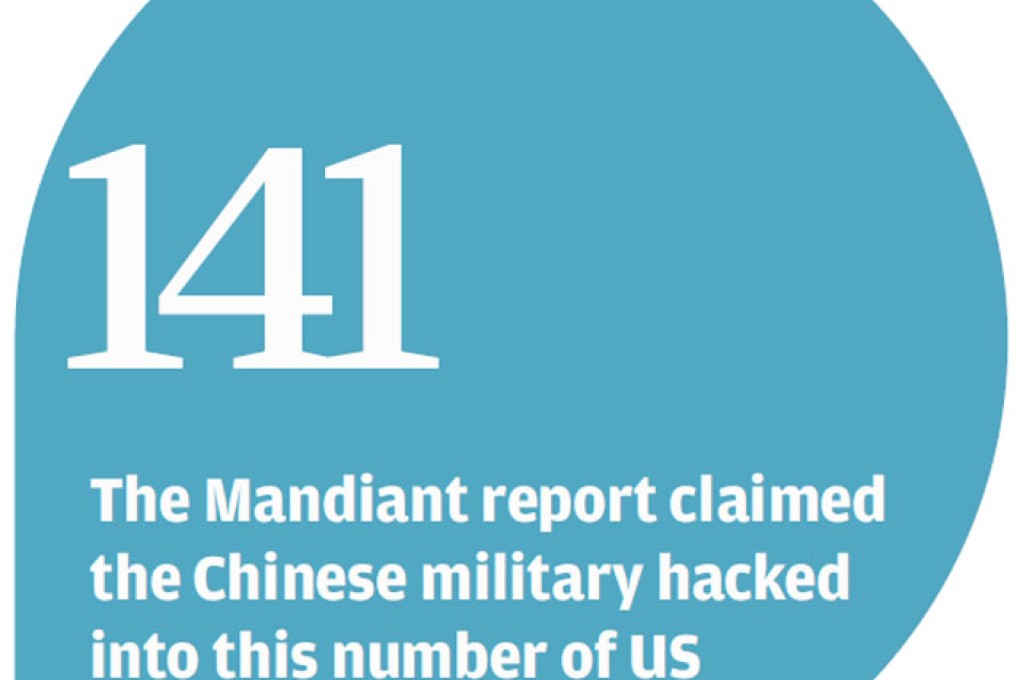US 'responsible for more than half of cyberattacks on China'
Report says hackers targeted more than a million servers on mainland, controlled websites and breached networks of government agencies

The United States was the origin of more than half the successful cyberattacks on the mainland in the first two of months of this year, a central government internet security agency says.

This was more than the total of attacks from all other countries combined, Xinhua reported, citing figures from the National Computer Network Emergency Response Co-ordination Centre.
Hackers from the US also controlled more than 3,500 mainland websites in the first two months of the year, nearly nine times more than those controlled by Japanese hackers, Xinhua added.
Nearly half of the attacks were controlled by servers in the US.